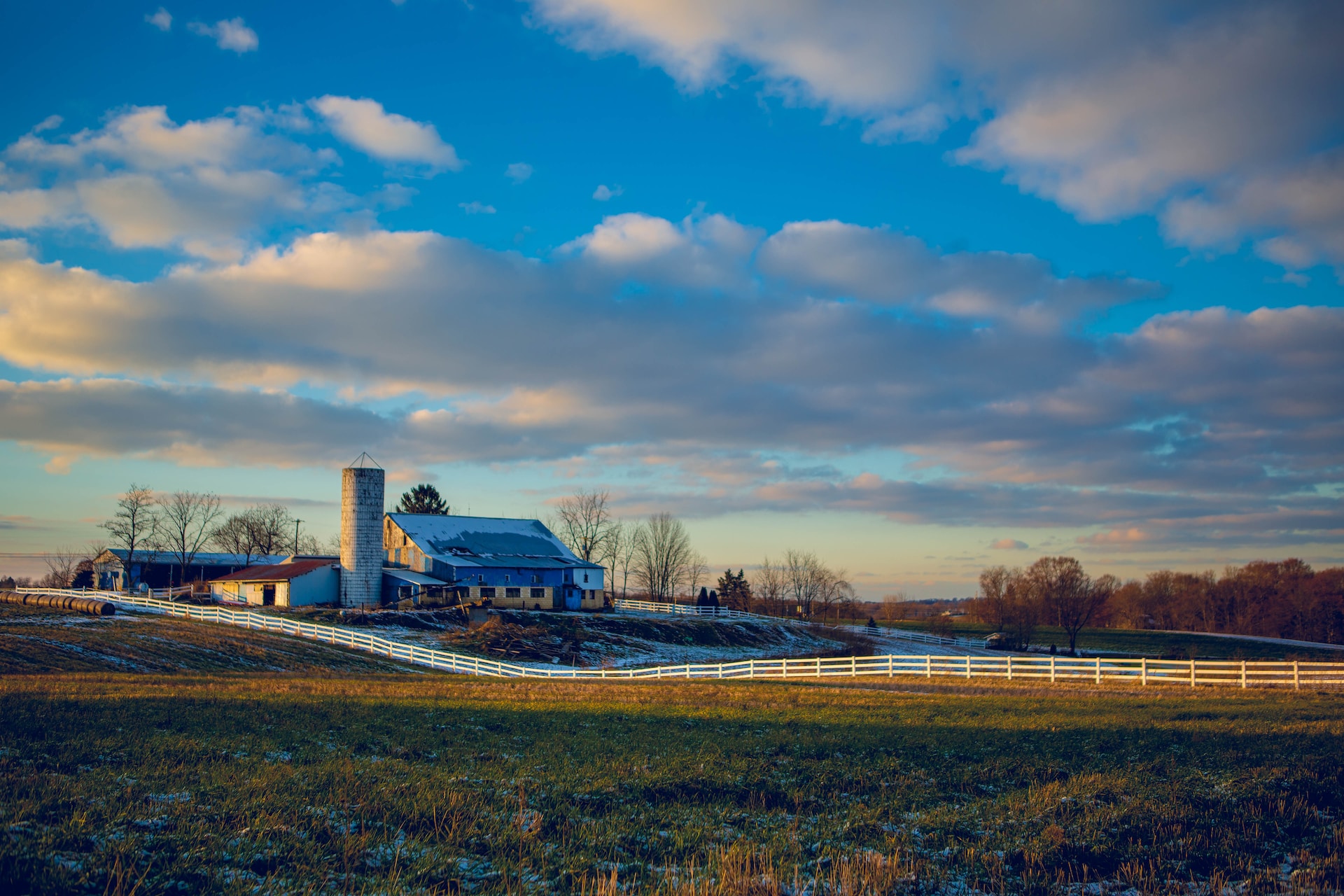Connecting the Digital Dots in Rural America: New Class of Cloud Connectivity Suppliers To Energize the Digital Transformation of U.S. Ag
Part 2 of 2
In spite of the rapid convergence of services and tools offered to farmers through agricultural and consumer technology, there remains an information gap between the commercial tech sector and the farming industry, according to pace-setting research conducted directly with farmers by Stratovation Group.
In the qualitative study, sponsored by the OnGo Alliance, (a coalition of more than 150 member companies including mobile suppliers, network operators, device manufacturers and more), Stratovation probed farmers’ thoughts about their use of digital technology, overall ag connectivity and their interest in establishing next-generation private wireless networks to accomplish even more on their farms.
Farmers are a ripe market for prospecting, with 60 percent expressing interest in or are already using digital smart-farming technologies, according to an Agriculture Department study from earlier this year.
Already, most of the row-crop acreage deploys equipment that uses auto-steer or guidance systems, and six out of every 10 row-crop farms are using some type of soil map, yield map or variable rate technology for determining field inputs.
Further analysis of Stratovation’s research provides crucial insights needed for the technology community to connect the remaining digital dots in rural America and meet the real needs of farmers as valued customers. Some of the topline findings from the analysis are:
- Farmers are not going to the correct people for help, and the correct people are not getting to farmers. Many farmers rely on word-of-mouth, local dealers, or online forums for information and advice, rather than consulting digital experts or vendors. And, for the most part, consumer digital companies have not reached out. This has led to a lack of awareness and trust in the available solutions and their benefits.
- There is a disconnect between knowledge of what’s offered and what is needed on the farm. Many farmers are unaware of the full potential and capabilities of the technologies they use or could use, such as how to leverage data, analytics, and automation. On the other hand, many tech companies do not understand the specific needs and challenges of farmers, such as connectivity, security, and interoperability.
- The knowledge gap is real and once things are explained in non-techy terms most farmers would jump at the opportunity to upgrade their operation. When farmers understand the features and benefits of the technologies, they are more likely to adopt them and see positive results.
- When benefits are explained, if given an opportunity, most farmers are very interested in establishing a private network in their operation. A private network is a wireless network that is owned and operated by the user, rather than a service provider. It allows the user to have more control, ultimate security and flexibility over their connectivity and data. Private networks are especially useful for farmers, who face insufficient cellular or internet coverage in rural areas, and who would benefit by connecting multiple devices and applications on their farms.
- Modern Production Agriculture and the Technology Sector, while both being highly advanced, do not use the same language, and a period of enlightened engagement/education is needed to ensure communications between the two platforms. There is a need for a common language and terminology between the tech sector and the farming industry, to facilitate communication and collaboration. For example, terms such as computer vision, machine learning, or private network may not resonate with farmers, who may prefer more descriptive or familiar terms, such as crop health monitoring, smart irrigation, or farm Wi-Fi.
As with all sectors of the modern economy, technology solutions are only as good as the business challenges they profess to solve. To make an impact in the agriculture market, technology companies must understand the needs, preferences, and challenges of farmers, who are nearly always more technologically savvy than the stereotype those companies might harbor.
By understanding the needs and preferences of farmers, and by engaging them on the benefits and features of the technologies, consumer tech companies are preparing to jump into the agricultural marketplace in a big way. And when they do, their added levels of digital capability will help farmers achieve even loftier goals in improving their productivity, efficiency, and sustainability.
For more information about purchasing the report outlining the complete findings of the research, contact [email protected].
—————————————-
By Mace Thornton, COO of Stratovation Group.

